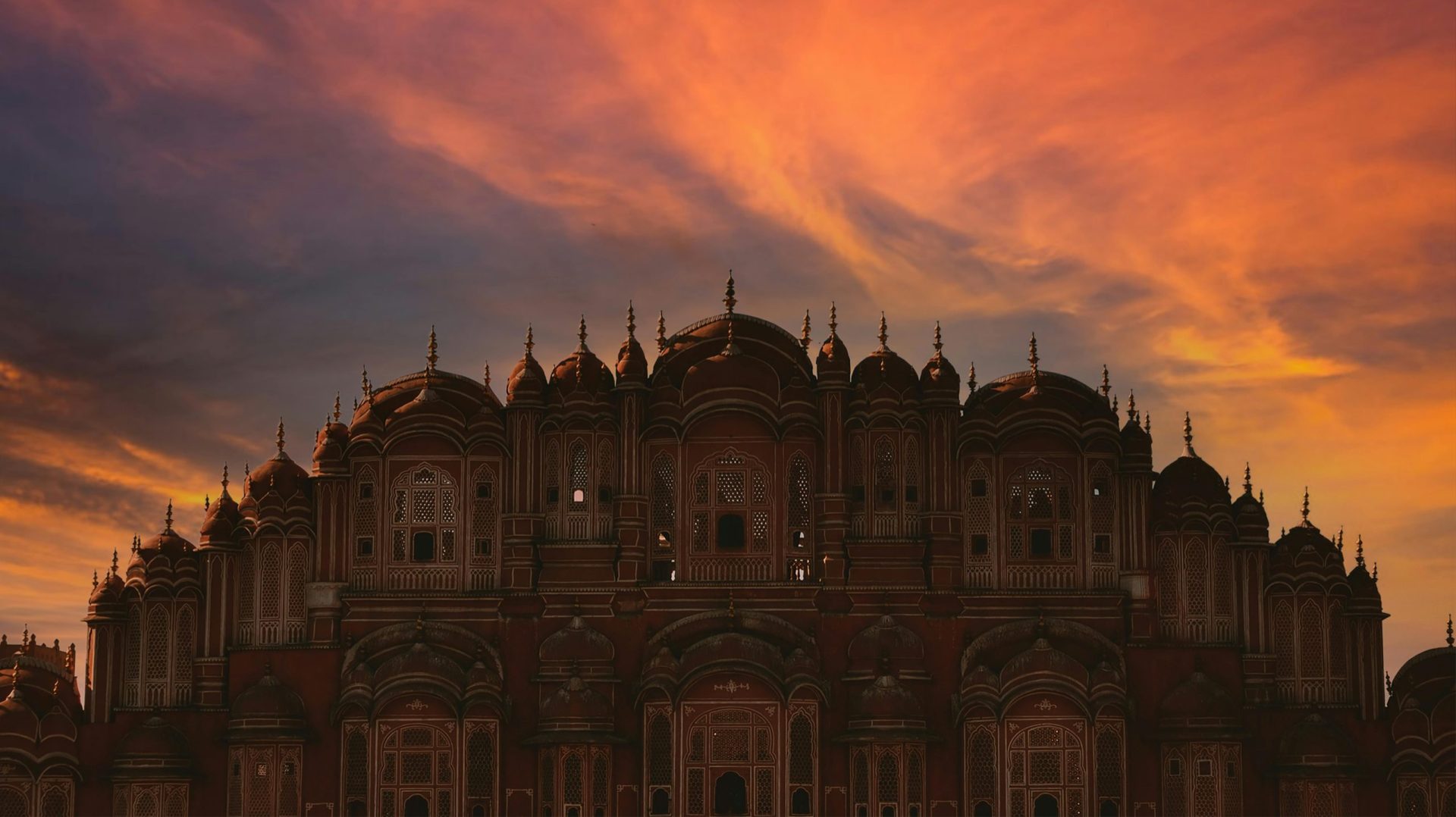ENQUIRE NOW
What is the cost of BMT in India?
A bone marrow transplant (BMT), also known as a stem cell transplant, offers a potential cure for various blood cancers and disorders. The number of BMTs is increasing every year at a rate of 10-15%.
The average cost of BMT in India typically ranges from INR 15 lakhs to INR 30 lakhs for Indian patients, while for international patients it is USD 25,000 to USD 40,000.
The cost of bone marrow transplant (BMT) is much lower in India than in other countries. This is mainly due to the lower value of the rupee and the increasing number of hospitals offering BMT services. The package includes bone marrow transplant costs, specialist fees, blood tests, lab studies, BMT unit room charges, nursing care, blood transfusion, bone marrow aspiration and bone marrow collection from both patient and donor.
The cost of BMT depends on various factors, including the type of transplant, the type of donor, the complexity of the process, Routine Medicines and Routine Consumables, etc.
What is a Bone Marrow Transplant (BMT)?
A bone marrow transplant (BMT), also known as a stem cell transplant, is a process to replace diseased bone marrow cells with healthy stem cells. The replacement cells can either be collected from your own body or a donor.
An exception of relapse arises if a bone marrow transplant fails, but it’s important to remember that there are treatment options available. Early detection through awareness of signs and symptoms is crucial for better outcomes. With continued medical support and exploring available treatments like induction chemotherapy and second BMT, patients can fight relapse and pursue a positive prognosis.
Some of the most common pre-BMT tests are:
1. Bone marrow biopsy and aspiration: These procedures involve extracting a small sample of bone marrow tissue and fluid to diagnose the underlying blood disorder and evaluate the bone marrow’s condition.
2. HLA Typing: This test is crucial as it identifies the Human Leukocyte Antigen (HLA) type of both the patient and potential donor (if applicable). A close HLA match between the donor and recipient is essential for a successful transplant.
It is used to treat diseases like leukaemia, lymphoma, and multiple myeloma. It also targets diseases that affect the blood and immune system, including those that impact the bone marrow’s function.
BMT is used to treat numerous conditions, some of which are:
- Leukaemia
- Lymphoma
- Multiple myeloma
- Blood disease
- Immune deficiency disorders
- Sickle cell disease
What are the different types of BMT?
The type of bone marrow transplant (BMT) is often determined by the donor. There are 3 main categories:
- Autologous BMT (Auto means self): In autologous BMT, stem cells are taken from the patient’s own body before they are given high-dose chemotherapy or radiation treatment. After this, the stem cells are placed back into the patient’s body.
- Allogeneic BMT (Allo means other): In Allogeneic BMT, cells are taken from another person (donor). Most of the time, parents, children, and other relatives are found to be suitable matches. There are two categories of donors within this BMT:
- Related donor: This refers to a stem cell donor who is genetically related to the patient, typically a sibling with a 25% chance of being a full match. Parents and children can also be donors, but the chance of a complete match is lower.
- MUD (Matched Unrelated Donor): This refers to a stem cell donor who is not genetically related to the patient but has a close enough HLA (Human Leukocyte Antigen) match found through international registries.
What are the factors affecting the cost of BMT in India?
BMT price in India may vary depending on the type of transplant, the donor source, the facility, and the complications. The most common factors affecting the cost of BMT in India are:
Type of transplant: Autologous BMT, Allogeneic BMT, and Umbilical Cord Blood Transplant.
| Type of BMT | Cost (INR) | Cost (USD) |
|---|---|---|
| Autologous BMT | 8,15,000 – 10,00,000 | 15,000 – 18,000 |
| Allogeneic BMT | 14,00,000 – 14,50,000 | 25,000 – 26,000 |
Hospital
The quality and facilities of the hospital where the procedure is performed may affect the cost. Hospitals with advanced technology experienced medical staff, and specialised cardiac care units may charge more.
Age of the patient
Patients younger than 20 or small children typically incur higher costs. This is because they need more attention and testing and have a longer overall length of hospitalisation.
Hospital stay
Patients typically spend several weeks (3-4) in the hospital after the transplant. The duration may vary based on the type of transplant, complications, and how well the patient is recovering, which may add to the total cost.
Other factors, such as a doctor’s experience and insurance coverage, may also affect the overall BMT cost in India.
Pre and Post Expenses in a BMT in India
There are various expenses associated with BMT, both before and after the procedure. Here are the basic expenses that you might encounter:
Pre-BMT Expenses (Bone marrow biopsy, bone marrow aspiration, HLA typing and other diagnostic tests): INR 1,25,000 to INR 2,00,000 (USD 2500 to USD 3500)
Post-BMT Expenses (Follow-up consultations, blood tests, KFT, LFT, CRP and other diagnostic tests): INR 65,000 and INR 1,00,000 (USD 1200 and USD 1800)
What is Involved in the Recovery Process After the BMT Procedure?
Recovery after a BMT is a complex and gradual process that varies depending on the type of transplant, the patient’s overall health, and any complications that may arise. The recovery process involves the following:
Monitoring
Throughout the hospital stay, patients are observed for signs of infection, graft-versus-host disease (GVHD), and other potential complications.
Immune system recovery
Rebuilding the immune system is a critical part of the recovery process. It can take several months to years for complete immune system restoration, during which patients are more susceptible to infections.
Medications
Patients often need to take immunosuppressants to prevent GVHD and other medications to support their recovery.
Diet and nutrition
Following a healthy diet is essential as patients may face side effects like nausea, diarrhoea, or mouth sores.
Follow-up appointments
Regular follow-ups are necessary to monitor progress, manage complications, and adjust medications accordingly.
Does Insurance Cover BMT in India?
There are several plans that cover the costs of BMT and associated expenses such as hospitalisation, chemotherapy, and other related costs.
While basic plans may not cover treatment entirely, they can cover some expenses, such as hospital stays, to some extent.
When filing a claim, you will need to submit your doctor’s prescription, investigation reports, admission form, and health insurance papers to the insurance company.

